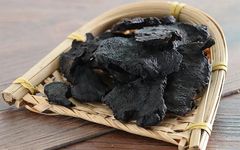
Click the blue text above to follow us
Shudi Huang (Rehmannia glutinosa) – A Unique Traditional Chinese Medicine for Ophthalmology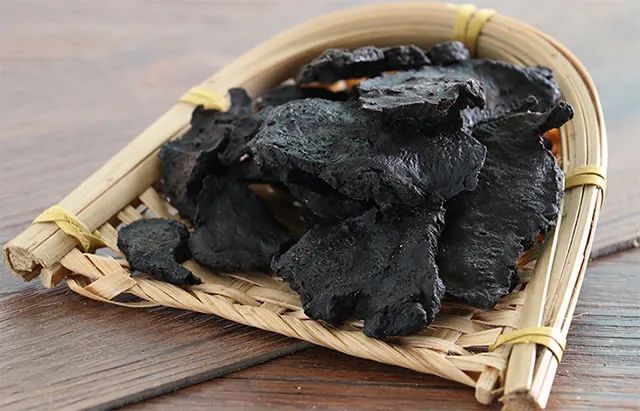
One of the “Four Great Medicine Capitals,” Yuzhou in Henan has historically been renowned for the saying, “No medicine is fragrant without Yuzhou, and no doctor is remarkable without the Medicine King.” However, the legend of the Medicine King, Sun Simiao, and his connection to Shudi Huang is less known. It is said that while traveling and practicing medicine, Sun Simiao encountered a family with four generations living together in Yuzhou, who used a plant called Shudi Huang to cook rice porridge daily. Based on the properties of Shudi Huang and his lifelong studies, he developed a unique processing method of nine steams and nine sun-dryings. This method is exceptional and of high quality, gaining fame both domestically and internationally. Afterward, Sun Simiao settled in Yuzhou, reportedly living to over 140 years old, and Yuzhou developed into the medicine capital it is today because of the Medicine King. Today, we will introduce this unique Traditional Chinese Medicine for ophthalmology – Shudi Huang.
— —Properties of the Herb
—Properties of the Herb
Shudi Huang is the dried tuber of the plant Rehmannia glutinosa, a member of the Scrophulariaceae family, processed through specific methods. The preparation involves taking raw Shudi Huang, stewing it with wine until the wine is absorbed, then removing it, drying it until the outer skin is slightly dry, and cutting it into thick slices or blocks for further drying; alternatively, it can be steamed with wine until it becomes black and shiny, then dried to about 80% dryness before cutting and drying.
This herb has a mild aroma and a sweet taste. The best quality is characterized by large, plump pieces with a black cross-section and a sweet taste. Its properties are sweet and slightly warm, and it enters the liver and kidney meridians. It has the effects of nourishing blood, enriching yin, and filling the marrow. The typical dosage is 9-15 g. In TCM ophthalmology, Shudi Huang is commonly used to treat symptoms such as red eyes, night blindness, and unclear vision caused by liver and kidney deficiency and yin deficiency with internal heat.
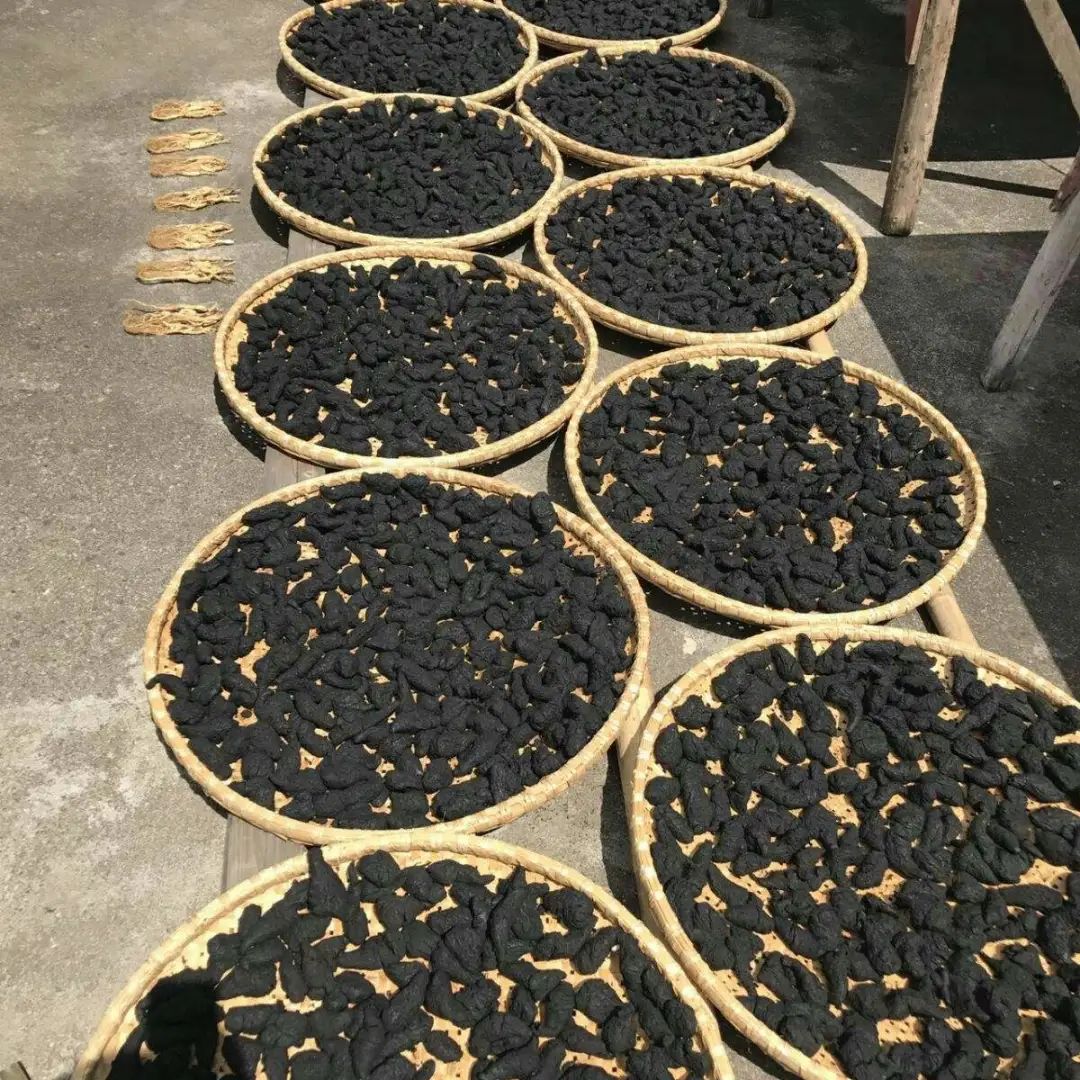 —
— —Clinical Applications
—Clinical Applications
1. Dry Eye: Shudi Huang can nourish yin and moisten dryness, providing relief for dry eye symptoms caused by liver and kidney yin deficiency and excessive yin deficiency heat.
2. Vision Decline, Night Blindness: Shudi Huang has the effect of nourishing blood and brightening the eyes, which can improve symptoms of vision decline and night blindness caused by liver and kidney deficiency.
3. Macular Degeneration, Retinal Diseases: Shudi Huang can improve microcirculation in the eye, providing therapeutic effects for macular degeneration and retinal diseases.
4. Blood Deficiency with Yellowing, Palpitations, Irregular Menstruation, Excessive Bleeding
5. Liver and Kidney Yin Deficiency, Weakness in the Lower Back and Knees, Bone Heat, Night Sweats, Seminal Emission, Internal Heat and Thirst
6. Liver and Kidney Insufficiency, Deficiency of Essence and Blood, Dizziness, Tinnitus, Premature Graying of Hair
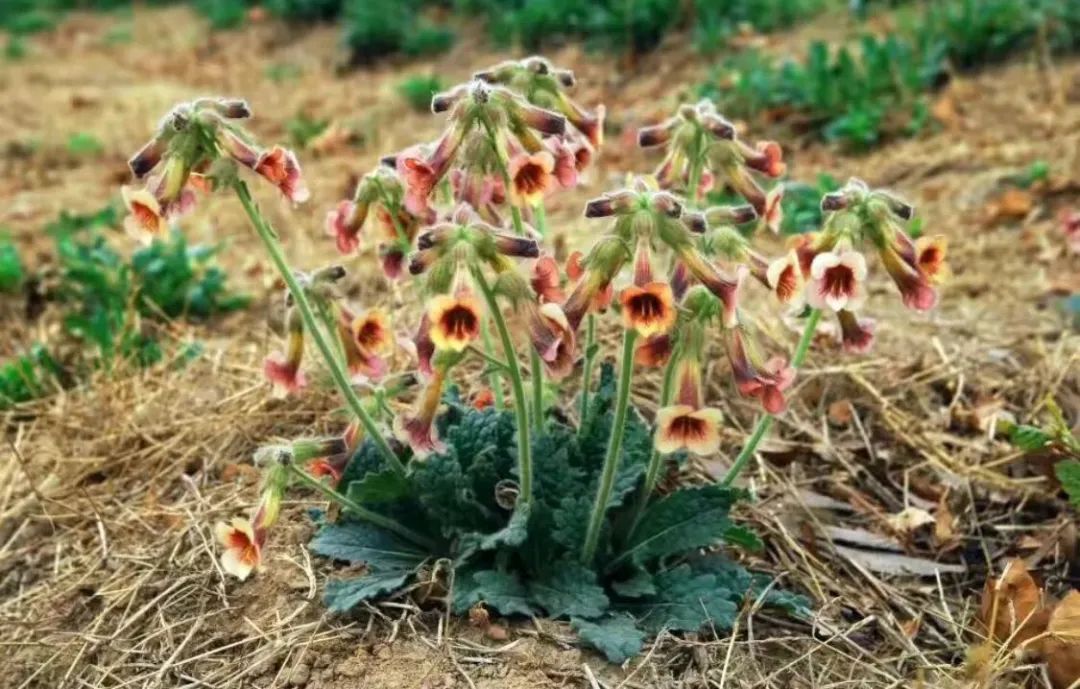
— —Modern Research
—Modern Research
1. Chemical Composition:Shudi Huang is a processed product of raw Shudi Huang, and its chemical composition is similar to that of raw Shudi Huang, mainly containing phenylethanoid glycosides, including catalpol; it also contains monosaccharides, amino acids, and vitamin A-like substances. The Chinese Pharmacopoeia specifies that this product must contain no less than 0.02% catalpol (C26H36O15).
2. Pharmacological Effects:The aqueous decoction of this herb can promote the recovery of red blood cells and hemoglobin in mice with blood loss anemia. The decoction of Shudi Huang has an antagonistic effect against dexamethasone’s suppression of the pituitary-adrenal cortex system and can promote the synthesis of adrenal cortex hormones; the alcohol extract can enhance immune function, promote blood coagulation, and have a cardiotonic effect. Additionally, this herb has effects on lowering blood sugar, preventing and treating osteoporosis, regulating immunity, anti-aging, anti-anxiety, and improving learning and memory.
—
—
Summary of Ancient Texts
1.“Introduction to Medicine” states:“Shudi Huang has a sweet and slightly bitter taste, and a warm nature, primarily treating yin deficiency of the heart, spleen, liver, and kidneys, blood deficiency, dizziness, red eyes, and scant tears.”
2. “Compendium of Materia Medica” says:“Shudi Huang has a sweet and slightly bitter taste, and a warm nature, primarily nourishing deficiency, supporting the righteous, benefiting essence and blood, generating muscle, brightening the eyes, and boosting qi.”
3. “Essential Prescriptions Worth a Thousand Gold” records:“Shudi Huang Decoction treats dark vision and inability to discern objects.”
4. “Danxi’s Heart Method” states:“Shudi Huang is sweet and warm, nourishes blood and boosts qi, nourishes blood and brightens the eyes, treating dark vision and unclear sight.”
—
—
Daily Applications
1. Shudi Huang Infusion:Boil an appropriate amount of Shudi Huang in water, then cool it down for drinking. This method can nourish yin and brighten the eyes.
2. Shudi Huang Paste for Eye Application:After decocting an appropriate amount of Shudi Huang, mash it into a paste, wrap it in gauze, and apply it to the eyelids. This method can relieve dry eyes, fatigue, and blurred vision, and has certain therapeutic effects for chronic eye diseases such as dry eye and conjunctivitis. However, it should be used under the guidance of a physician.
3. Shudi Huang Boiled with Eggs:Boil an appropriate amount of Shudi Huang with eggs for consumption. This method can nourish yin and brighten the eyes, providing relief for dry eyes and fatigue.
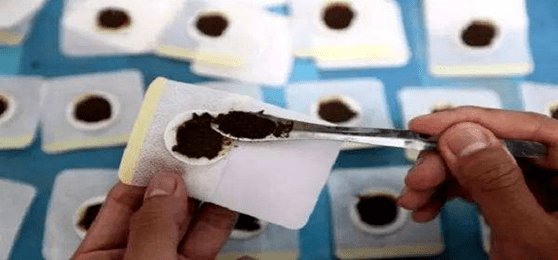
+End+
▼Please follow the Journal of Chinese Ophthalmology▼ Dedicate time to reading
Dedicate time to reading

